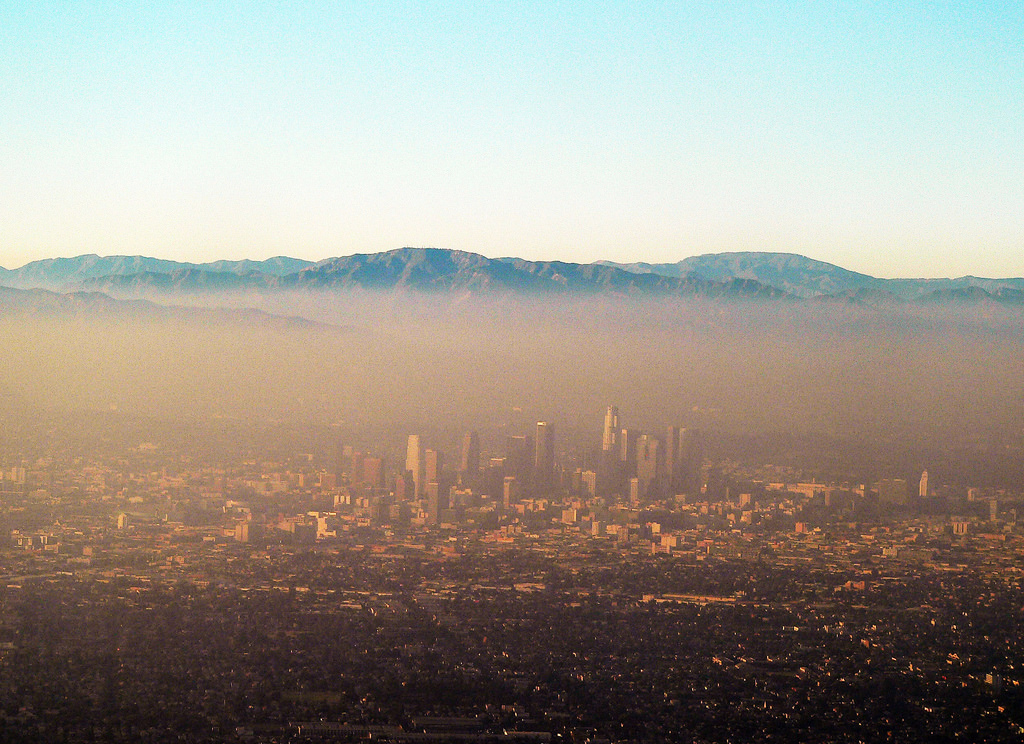Take action to defend native grassland habitat and protect California’s air quality from the corn ethanol mandate!

 Problems with Corn Ethanol for California
Problems with Corn Ethanol for California
California has suffered direct harm through the enactment of the Renewable Fuels Standard as it stands. The increased exhaust from cars using high ethanol fuel blends has increased smog levels in California’s cities, while the low abundance of corn for other uses has increased corn prices for human food and livestock feed. Because ethanol has only two-thirds the energy content per gallon versus gasoline, the RFS was projected to further increase fuel costs for Californians by $28.8 billion between 2015 and 2024. However, the most damaging aspect of the RFS for California is the bee habitat. Many of California’s commercial bee colonies over-summer in the Dakotas where most of the conversion from grasslands to corn crop occurs. The loss of the native grasslands in their resting grounds weakens already stressed commercial bee colonies and severely impacts California’s agriculture, including the growth and production of almonds, melons, citrus, and avocados. The GREENER Fuels Act will address these concerns.
California’s commercial bee colonies need time off from pollinating commercial crops to forage on a wide variety of native plants and grasses to maintain a healthy and thriving colony. Many California’s commercial bee keepers take their hives to native grasslands in the Great Plains and Midwest for rest in the summer, a habitat that is disappearing faster than any other ecosystem in North America.
.jpg)
Ninety percent of the native grassland in America has been destroyed for agriculture or development. And more gets plowed up every year, spurred in no small part by the corn-ethanol mandate in the Renewable Fuel Standard, which currently requires the use of increasing amounts of biofuels made from soybeans and other crops, threatening even more habitat loss.
U.S. Senators from corn-producing states have been pulling out all the stops to find a way to waive clean air regulations so that a blend of gasoline with even more corn-ethanol called E15 Gasoline can be sold nationwide during the summer months. That’s a horrible idea. In warmer summer months, ethanol increases the amount of ground-level ozone, which we call smog, generated by gasoline. In addition to making the air hazy, smog is a lung irritant that contributes to asthma and other breathing trouble. The vapors that form it are also potentially carcinogenic.
 Studies have clearly shown that increased usage of ethanol in gasoline leads to higher smog levels, particularly in heavily populated areas. Again, higher ozone levels are associated with asthma and other respiratory problems, especially among children and the elderly. Waiving clean air regulations to allow increase sales of E15 will only lead to more bad air days, more trips to the emergency room, and more misery for many Americans.
Studies have clearly shown that increased usage of ethanol in gasoline leads to higher smog levels, particularly in heavily populated areas. Again, higher ozone levels are associated with asthma and other respiratory problems, especially among children and the elderly. Waiving clean air regulations to allow increase sales of E15 will only lead to more bad air days, more trips to the emergency room, and more misery for many Americans.
Recognizing that smog is dangerous to human health, the Clean Air Act directs the Environmental Protection Agency to regulate gasoline emissions and how readily they generate the pollutant in summer months. Since ethanol is used to enhance fuel performance, blends up to E10 have been granted a waiver of these rules and can be sold year round.
Congress can change the law this year by enacting HR 5212, the GREENER Fuels Act by Representative Peter Welch of Vermont, to protect and restore grassland and other wildlife habitat—not destroy it—while continuing to benefit farmers and the agriculture economy. But your members of congress need to hear from you!
Learn more on our website at: https://www.pcl.org/campaigns/reform-corn/

